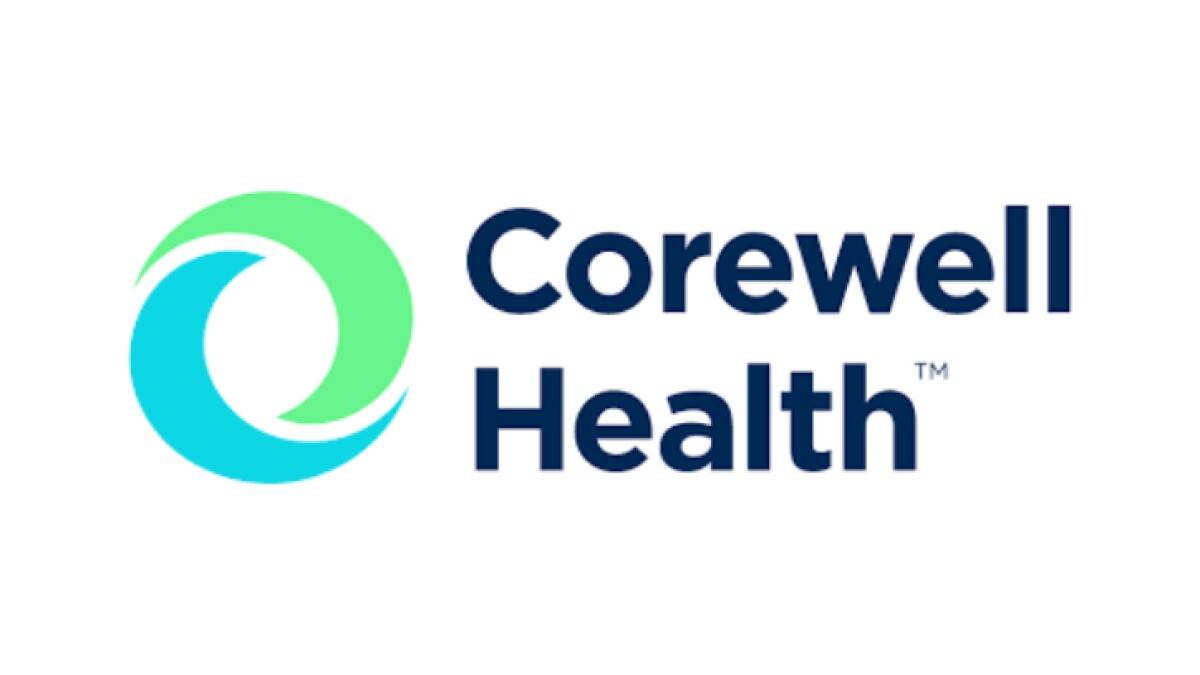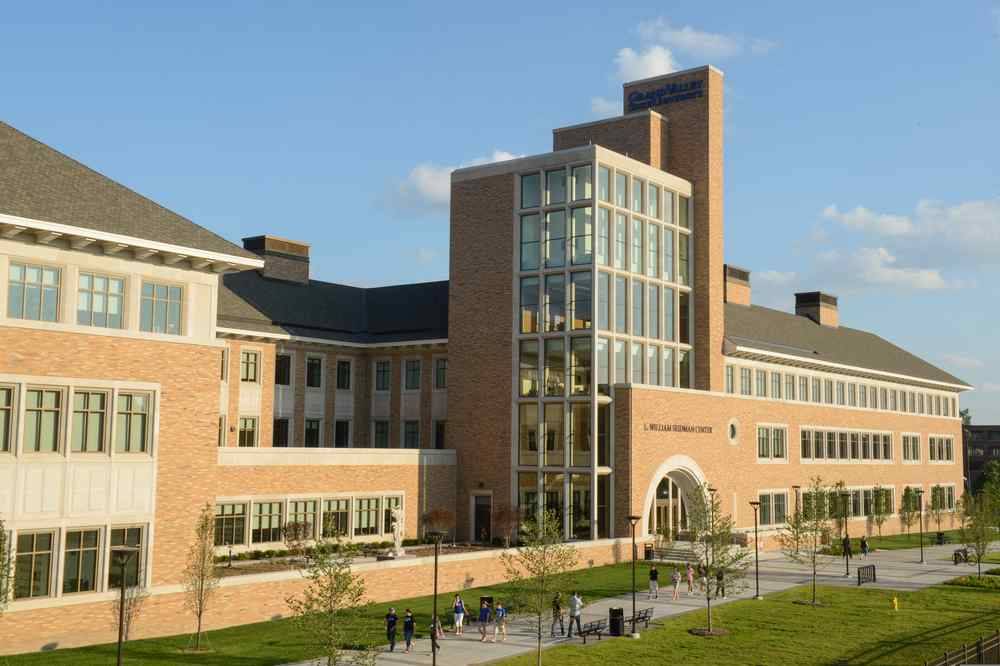KBEI Projects
Healthcare Equity
SUMMER 2023 - A group of Morehead-Cain scholars from the University of North Carolina partnered with the Koeze Business Ethics Initiative to address the pressing issue of healthcare inequity in west Michigan. By collaborating with Corewell Health, the largest integrated healthcare system in the area, the team researched and contributed to Corewell's ongoing efforts to expand access to healthcare for underserved populations, addressing systemic barriers and developing strategies to overcome mistrust and logistical issues for improved access to health services.The Morehead-Cain Scholarship is a prestigious merit-based program that provides full funding for undergraduate education at the University of North Carolina at Chapel Hill, along with unparalleled opportunities for enrichment, including the Civic Collaboration Summer. The Civic Collaboration Summer is an immersive experience that challenges scholars to embed themselves in a city and work alongside local organizations and stakeholders to address complex, open-ended dilemmas.

The Trustworthiness of Michigan's Largest Publicly-Held Companies: A Public Perception Survey
Businesses, no matter how large or small, private or public, are predicated on trust. Ultimately no business gets done without at least an element of trust and a sense that the business and its agents are trustworthy.
To get a better sense of how Michigan’s largest publicly-held companies—companies collectively (and in some cases individually) worth billions of dollars and thousands of jobs in our state—are doing relative to trustworthiness, the KBEI embarked on a three-year study that sought to answer some fundamental questions:
- how does the public in Michigan perceive these large companies?
- what will a “deep-dive” scholarly investigation of these companies’ practices reveal (i.e., looking at employee relations, corporate governance, vendor relations, risk management, environmental stewardship, etc.)?
- what courses of action might these companies currently be on, or take, to improve their trustworthiness?
Results from this survey are available now. The Trust Index, the “deep dive” referred to above, takes into consideration measures like financial strength, ethics and compliance, supplier ratings, governance and a host of others and is available following the link below. Professors Kevin Lehnert, Vijay Gondhalekar and Michael DeWilde of the Seidman College of Business were the authors of the Index.
Social Capital
What makes a city, a community, or a region a “good” place to live? What gives it an advantage over other places? And how do these “good” places to live and work sustain themselves? Inspired by a 1946 study conducted on these sorts of questions (and that included Grand Rapids) by the noted American sociologist C. Wright Mills, we at the KBEI have been doing our own research into these questions. Our first article on the topic, titled “Social Capital, Economic Diversity, and Civic Well-being in Flint and Grand Rapids,” attempted to answer questions about how and why Grand Rapids and Flint took the paths they did, but in the process we saw yet again that generalizing about the experience of an entire city had its problems. Race, ethnicity, social class, immigration patterns and mindsets all serve to distinguish and make distinct the levels of “well-being” that residents are enjoying. Currently researchers at the KBEI are focusing their attention on the 'Grandville Corridor' area of Grand Rapids to understand how social capital works there.

Race Dialogues
In partnership with Fred Keller, the visionary founder of Cascade Engineering, and Joe Jones, the head of the Grand Rapids Urban league, the KBEI convened a series of dialogues on “Race in Grand Rapids,” largely involving invited leaders from both the White and Black communities in west Michigan. Again, our research from the various social capital projects demonstrates that while by many measures the west Michigan region has outperformed other comparable ones, it shares with most of them unfortunate racial disparities, and in fact is worse than many. When it comes to housing, education, income and other measures, the Black community in Grand Rapids has lagged behind the White community in attainment, and continue to do so. According to Todd Robinson, author of A City within a City: The Black Freedom Struggle in Grand Rapids, Michigan, this is not exactly an accident. His account of how the Black struggle for equality played out in Grand Rapids is both informative and something of an indictment of the city, and his data correspond with some of what we and others who address this issue in Grand Rapids have found.
Empathy, Emotion and (Neuro-) Ethics: The Changing Landscape of Business Education
The KBEI is keenly interested in behavioral ethics and the ways in which evolutionary biology, moral psychology, the cognitive sciences, primatology and neuroscience are changing our understanding of what ethics is, where it comes from, how malleable we are, and our ethical blind spots. Professor DeWilde researches this topic, presents on it at conferences, but most importantly brings it into the classroom for the consideration of students. As pedagogy changes to one that is more affective and wholistic, involving role plays and other techniques that seek to educate the emotions as well as the rational intellect, the KBEI is positioning itself as a place where the ethical education of future business leaders can include a wider array of critical topics and insights. Our article The Neuroscience of Ethics was published in BizEd magazine in early 2017.

